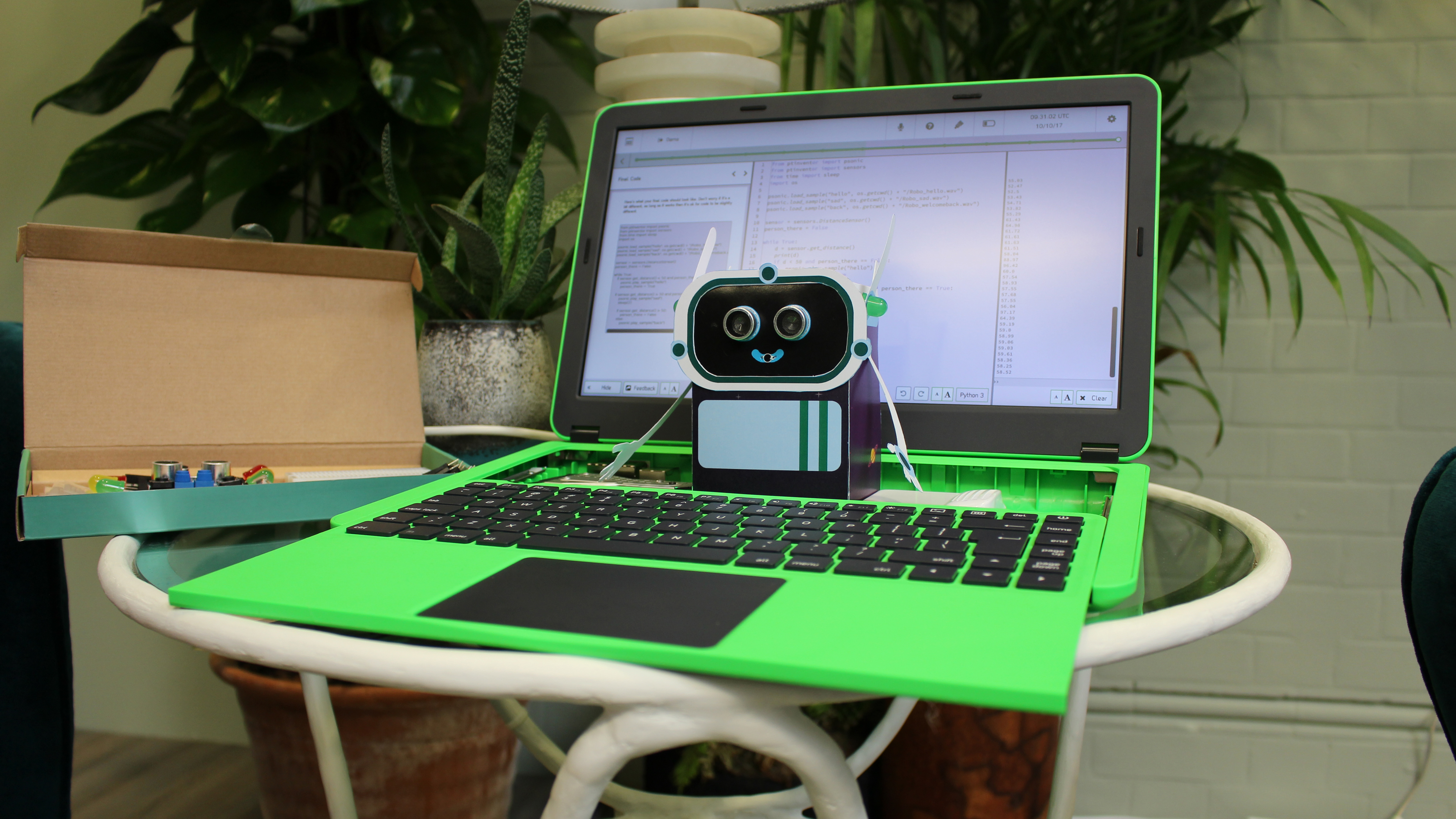Raspberry Pi powered Pi-top hopes to revolutionize computer education
Getting hands-on with your computer’s guts

The new, updated Pi-top is hoping to inspire students to get into computing by taking a ‘learning by doing’ approach.
There’s little doubt that we’re heading towards a fourth industrial revolution with the spread of artificial intelligence into more and more of our products, from smart speakers in our living rooms to self-driving cars on our roads, and even in our workplaces.
There is an obvious fear that when machines can do our jobs better than us that we’ll be replaced. The only hope for us to retain our jobs (or at least continue to be in employment) is to gain skills that make us useful once our current jobs get taken over.
More than just Hello World
This is why there’s been such a push to get children into STEAM (science, technology, engineering, art, and mathematics). But according to Pi-top CEO Jesse Lozano, this push isn’t turning into people with STEAM skills in the workforce. And he thinks it’s because the education is uninspiring:
“When you go into an English literature class they give you Shakespeare. When you go into a history class, you get the top-40 hits of everything that’s happened over the last thousand years, it’s incredibly interesting.
"Then you go into computer science, and if you’re lucky you’ll change some colors on a screen using Javascript, or you’ll print ‘Hello world’ and frankly it’s not up to par with the other subjects.”

The purpose of the Pi-top is to inspire students; not just to show them technological skills, but why they might want the technological skills. The Pi-top is essentially a laptop that is powered by the remarkable Raspberry Pi. Unlike other laptops, the Pi-top allows you to access the internals and play with them.
Get daily insight, inspiration and deals in your inbox
Sign up for breaking news, reviews, opinion, top tech deals, and more.
This is managed by having a keyboard panel that slides down, exposing the Raspberry Pi, the Cooling Bridge and the modular track that other elements can be plugged into. These elements include a unit called Pulse which has a speaker, a microphone and an LED pad, allowing you to turn your Pi-top into an Alexa-compatible device.
Learning by doing
Included with the Pi-top is an Inventor's Kit that includes LEDs, motion sensors, buttons, and an instruction kit for creating robots, synthesizers and lighting arrays. Everything you need to get a hands-on experience with computer science. And that’s the whole crux of Pi-top’s approach to learning.
“You can watch someone swimming on YouTube all you want, if you jump into a lake, you won’t know how to swim.” Lozano said.
The Pi-top is available now in the bright green you see above, and is $319 (about £240, AU$410) with the Pi included, or $284.99 (about £216, AU$370) without. And because it’s modular, you can replace the Raspberry Pi every time a new one comes out.
Andrew London is a writer at Velocity Partners. Prior to Velocity Partners, he was a staff writer at Future plc.
